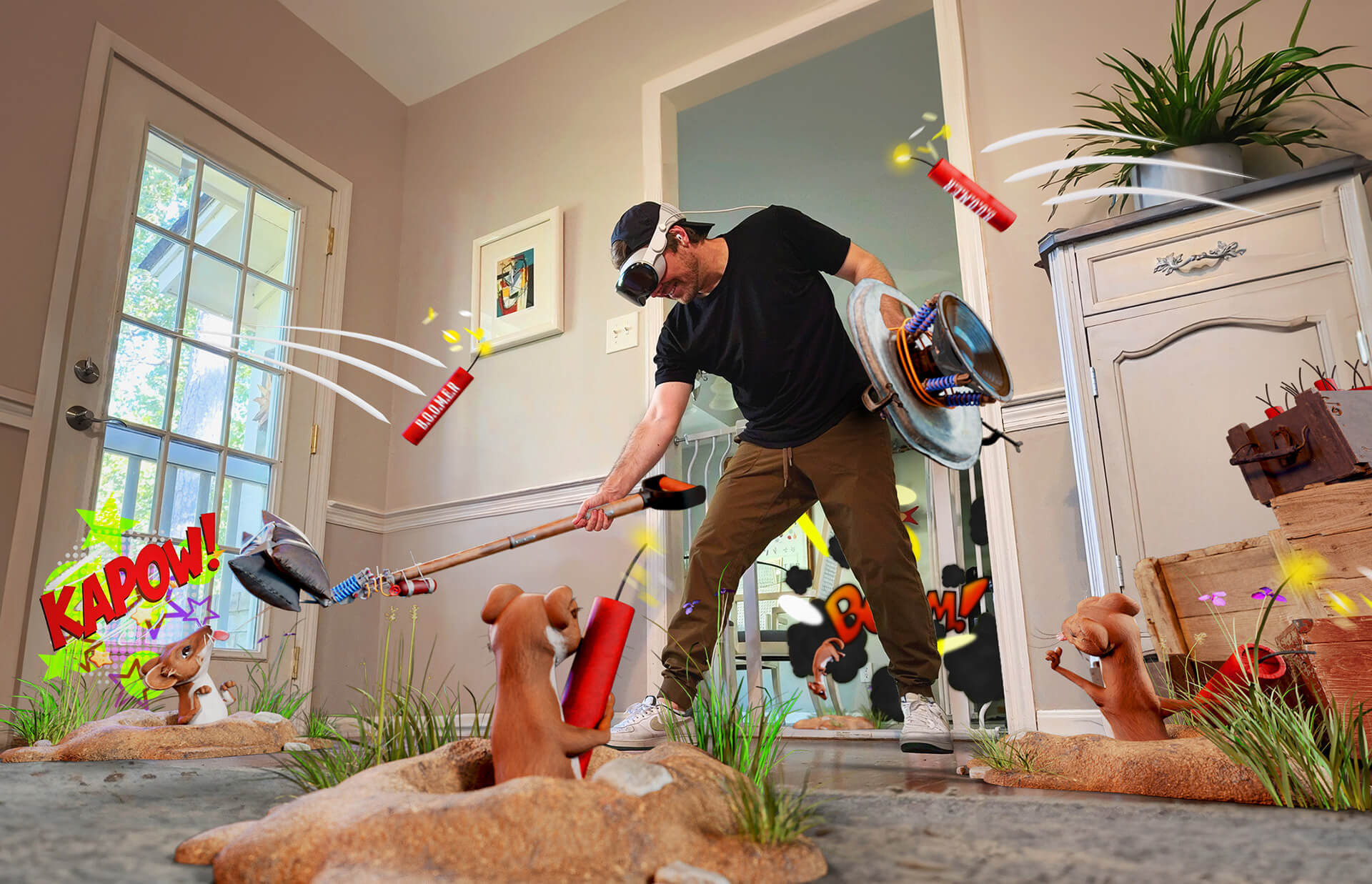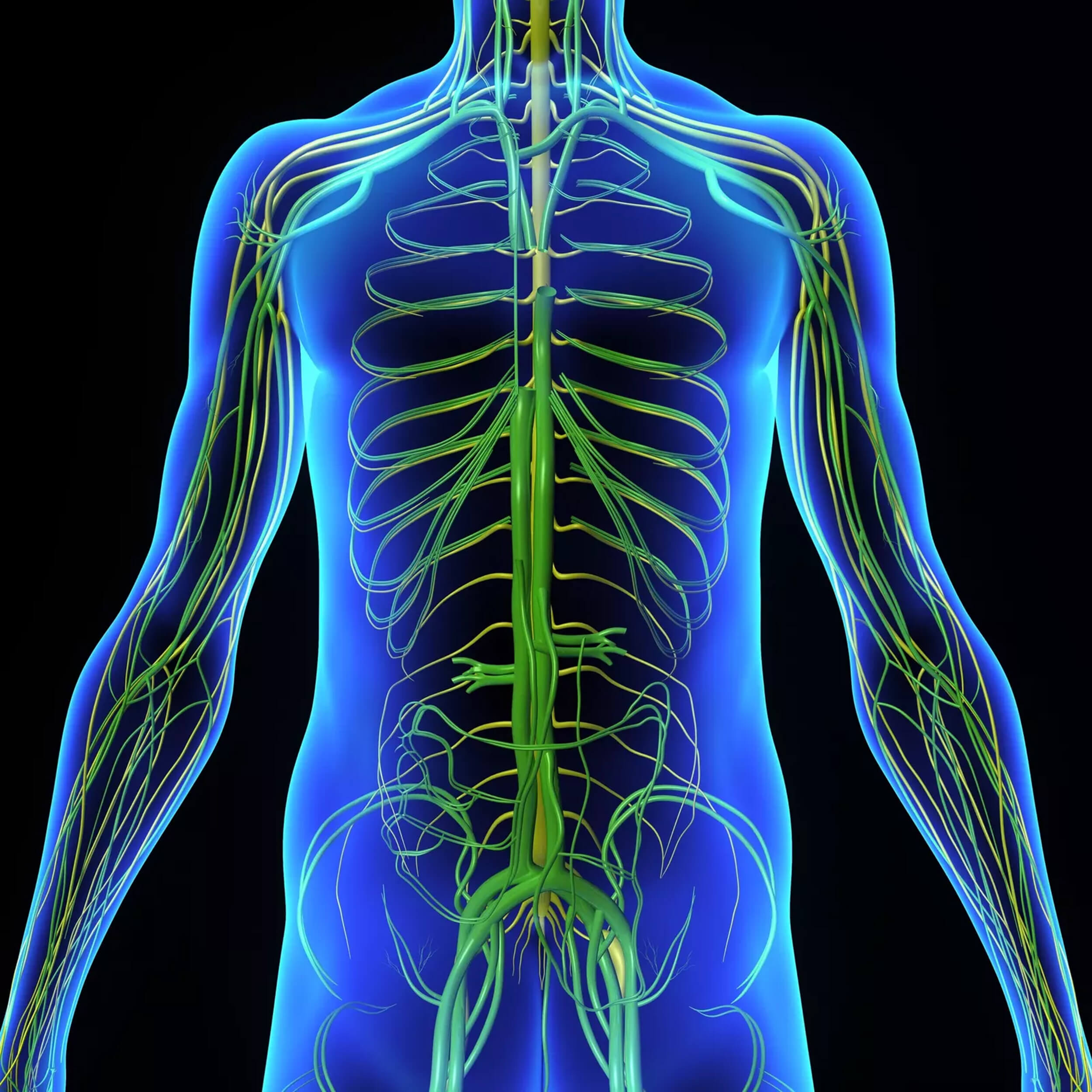Augmented reality (AR) and virtual reality (VR) are immersive technologies that combine virtual and real environments. Termed together, AR and VR are referred to as Extended Reality or XR technology and are rapidly redefining what’s possible in healthcare.
Virtual reality (VR) experiences happen when the user is fully immersed in a virtual environment that appears completely real. Augmented reality (AR) is a similar technology, but instead of users being immersed in a completely virtual environment, AR enables them to see and interact with virtual objects overlaid on real-world scenarios.
AR and VR have the potential to revolutionize medicine in the areas of medical training, patient treatment, and hospital management. Surgeons can, for example, harness these visualization tools to help plan surgery more effectively. XR technologies can even be deployed before surgery, helping patients to better understand their medical conditions and treatment options on a range of procedures.
Another key benefit of XR technologies lies in improving the quality of learning and training for medical students and professionals while enhancing retention and understanding. Conventional training procedures usually involve static 2D images, textbooks, slide shows, and shadowing a professional to see how they perform certain treatments. XR technologies enable them to see every detail in full immersion, significantly enhancing the learning process. The immense benefits of XR tech do not end with students, however, qualified professionals too can learn and retain new and innovative procedures through an immersive environment.
The market share of pharmaceutical AR and VR was valued at $477.2 million in 2018. This is a pretty big number for a technology that didn’t feature in the industry in recent years, but this part of the story gets better and bigger. Consumer data provider Statistica estimates that the market will be valued at $4.64 billion by 2025. That’s an annual jump of 38.4% in North America alone.
Let’s chat
Not sure where to start? Book a free strategy call with us to get started! No strings attached.

Let’s take a deeper look then at how the medical industry is leveraging this technology now, and what are its potential applications going forward.
Selling and Marketing Pharmaceuticals with AR
As rapidly emerging technologies, professionals are increasingly exploring new ways to embrace VR and AR in different fields of the medical profession; such as in sales, marketing and advertising. There’s great potential for the use of AR in sales. That’s because the key to a successful rep and healthcare professional relationship is communicating clearly and accurately. AR technology can help sales reps do this by helping doctors visualize the benefits of their products, literally.
Sales and marketing teams will have access to technology that can generate 3D presentations designed to educate healthcare professionals visually. Pharmaceutical companies are already using interactive animations to show the effects of their products. XR technology is enabling the use of animated sequences that involve 3D simulations and moving images that show the effects of a particular medication. These AR applications give healthcare professionals deeper insights into the benefits these new products offer and thus help them to better explain to their patients how these treatments work.
It can also be used by professionals to “test-drive” larger medical equipment without having to physically bring it in. Not only does this make life easier for manufacturers in terms of shipping costs and training, but importantly, it allows medical professionals to gain a better hands-on feel for the product before committing to purchase.
Keep up to date
Sign up to our newsletter for exclusive updates and content, delivered directly to your inbox.
Patient Education and Care
XR technologies can be used to educate and ease the anxieties of apprehensive patients about procedures and treatments in an interactive and immersive way. Patients benefit from the technology in two ways: education and reassurance.
Better Choices
Patient education is a particularly important aspect of AR’s potential. Immersing patients into an AR experience will help them better understand their diagnosis and treatment options. This knowledge will in turn empower them to take care of themselves and be more responsible toward their health and recovery.
In addition, being able to better understand medication is vital in deciding which medicine to buy. Patients can use augmented reality through their smartphones to learn more about drugs and treatments and their possible side effects. The best current implementation of this practice comes in the form of helping patients choose medicines based on specific pain areas. Some pharmaceutical AR applications are used to help patients identify which product is best for a specific pain point. This can help patients make informed decisions on what medicine to get.
Doctors can also use AR to demonstrate the proper usage of devices their patients need to use in the aid of their treatment and recovery. The knowledge of how to properly use the equipment for homecare patients, for example, can go a long way towards improving the quality of life of these individuals as they recover without the need for expensive hospital treatments.
Reassuring the Patient
Augmented reality can also help surgeons adequately prepare for potentially risky procedures. The technology can simulate a virtual rendering of the operating theater that can help the doctor identify and anticipate potential challenges throughout the entire procedure.
This can give the healthcare professional the much-needed confidence to minimize potential risks. This helps to reassure the patient that they’re safe in the hands of their surgeon.

Efficient Equipment Manufacture and Operation
The benefit of AR can further be extended and applied in the manufacture of medical equipment, machinery, and devices. Being able to visualize three-dimensional schematics of a product in the design phase can help engineers understand how to improve a design and render it more effective.
AR can also assure uniform production of the equipment. This can greatly improve the safety of these products, especially those destined for operating and emergency rooms, as well as pathology units.
Pharmaceutical AR can also be leveraged to reduce costs in research and development. That’s because the technology can simulate the reaction of components in bioreactors without having to run actual procedures and using resources on tests that could end up in flawed versions of the final product. Put simply, it reduces potential flaws by simulating visual tests based on past data.
It can also help hospitals and clinics in training their personnel with the use of new equipment. Specialized equipment needs to be operated and maintained in specific ways, and manufacturers—or even HR—can use AR training tech to develop training programs that can teach staff the correct procedures in terms of operation and maintenance without having to touch the machinery. This can be done remotely, even before the equipment’s arrival.
The Augmented Reality Agency
Apart from the fact that this is a potentially multi-billion-dollar market – the opportunities to leverage XR tech, particularly AR, to significantly enrich medical and pharmaceutical training; enhance patient education and care; increase sales and boost marketing; as well as strengthen equipment manufacture – is thus compellingly clear.
Partnering with a professional augmented reality outfit such as Rock Paper Reality (RPR) is the key to unlocking the full benefits of AR technology in the healthcare space. With over a decade of innovative and successful AR experiences, RPR is well-equipped and uniquely positioned to craft powerful and effective AR apps and webAR experiences. Our skills span from dynamic app development and content creation to focused consultation and targeted marketing solutions.
The Rock Paper Reality team is acutely aware that fully understanding your unique needs is crucial in identifying what type of AR solutions can enhance your operation. No matter where you sit on the healthcare and pharmaceutical industry chain, we will hold your hand throughout your shift to AR and help you learn how you can truly immerse your business into an AR future.
